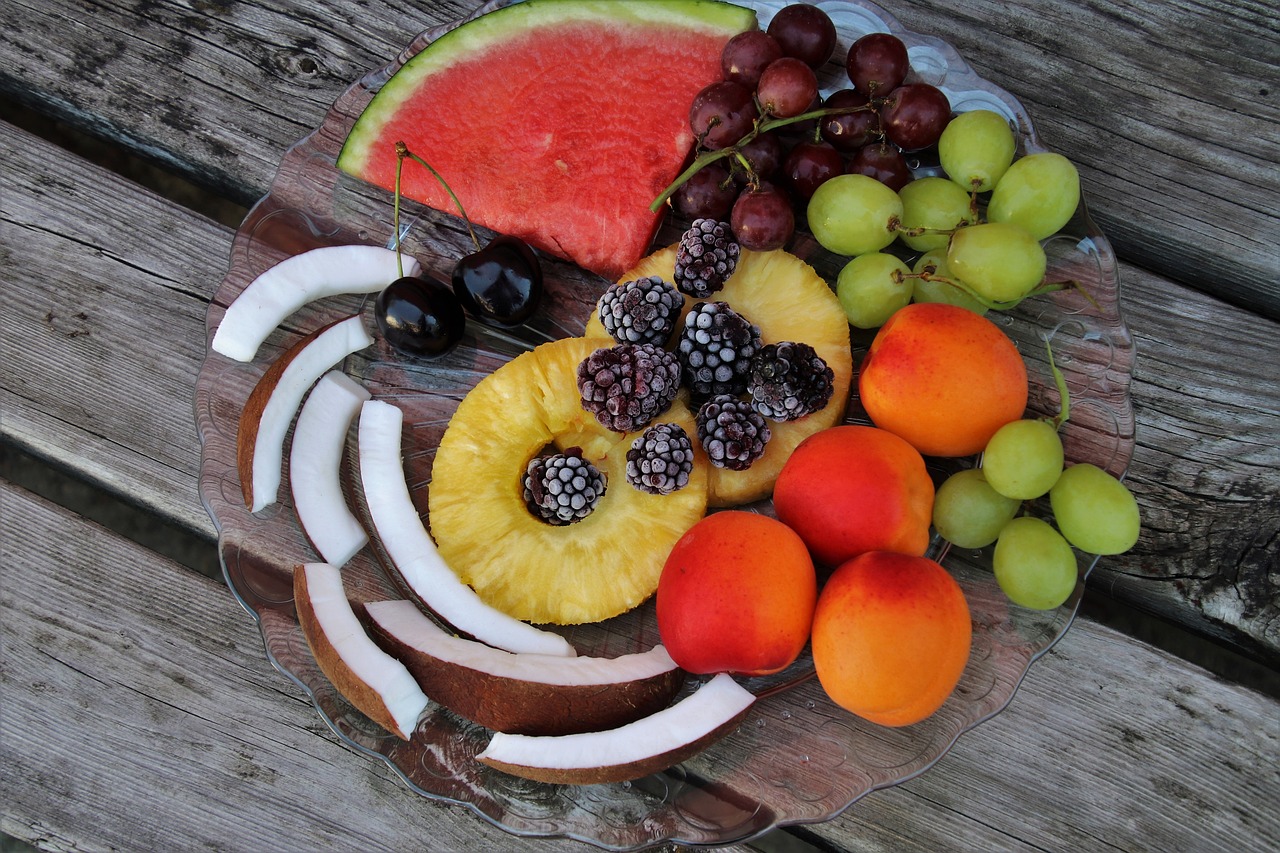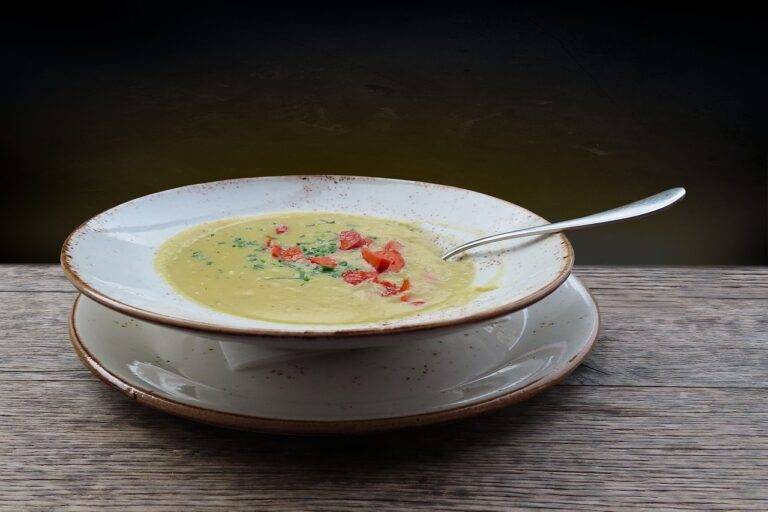A Guide to Creating a Sustainable Home Canning Setup
When planning your home canning space, consider a location that is well-ventilated and has easy access to water and electricity. Adequate counter space and storage for canning supplies are essential for a smooth canning process. It’s also important to choose an area with easy cleanup in case of spills or splatters.
Additionally, ensure that your chosen canning space is free from distractions to avoid accidents or errors during the canning process. Organizing your space with shelving or storage containers can help keep your canning supplies organized and easily accessible when needed. Creating a designated canning area can streamline the process and make it more enjoyable for you.
Assessing Your Equipment Needs
One essential aspect of home canning is having the appropriate equipment to ensure a safe and successful preserving process. Before diving into the world of home canning, take inventory of your current kitchen supplies to see what you already have on hand. Common equipment needed for canning includes a large stockpot, canning jars, lids, and bands, along with a canning rack and jar lifter for safe handling of hot jars.
Consider investing in a water bath canner or pressure canner, depending on the types of foods you plan to preserve. A water bath canner is suitable for acidic foods like fruits, pickles, and jams, while a pressure canner is necessary for low-acid foods such as vegetables, meats, and soups. Additionally, having a reliable food thermometer, funnel, and bubble remover tool can make the canning process more efficient and help ensure proper food safety practices are followed.
Choosing Sustainable Canning Supplies
When it comes to selecting sustainable canning supplies, opt for options that prioritize reducing waste and promoting eco-friendly practices. Look for materials that are reusable, such as glass jars or stainless steel lids, to minimize the environmental impact of your canning endeavors. By investing in durable supplies that can be used repeatedly, you not only contribute to sustainability but also save money in the long run.
Additionally, consider choosing canning supplies that are free from harmful chemicals and toxins. Selecting BPA-free lids and jars ensures that your preserved food remains safe for consumption without the risk of contamination. Prioritizing non-toxic materials not only safeguards your health but also aligns with sustainable principles by reducing the release of harmful substances into the environment.





